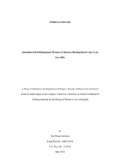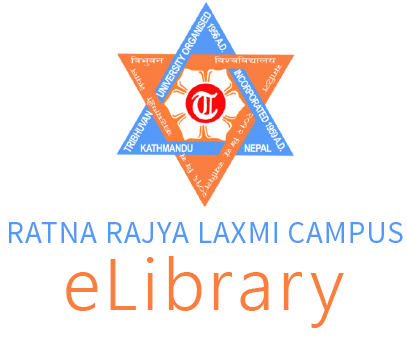Please use this identifier to cite or link to this item:
http://eibrary.ratnarajyalaxmicampus.edu.np:8080/handle/123456789/38| Title: | Alienation of Irish Iimmigrant Workers in Rebecca Harding Davis's Life in the Iron Mills |
| Authors: | Paudel, Janak Acharya, Hari P |
| Keywords: | M.A. English |
| Abstract: | Migration, across all historical times, has enormously dented an individual's dignity, self and identity. Being displaced and feeling dislocated, it creates alien situations, detaches from familiars and places them into the strange environment. The consequent effects become difficult enough to bear and get success intended. The Irish migrants to the American land suffered a heavy loss of life, dignity and freedom altogether. With the rise of industries in 19th century America, Catholic Irish were the major manual workers available. However, the discrimination and prejudices against them were high and large. These discriminations were categorical: Irish had an image, a stereotypical image and worse followed Catholicism and had no skill. They were 'silent citizen', placed at the bottom alongside 'niggers.' In this paper, my purpose is to understand and explore historical roots of Irish discrimination and injustices inflicted upon them in the land known to be just and democratic. Analyzing the characters and situations form Rebecca Harding Davis's story Life in the Iron Mills, this paper critiques the notion of democratic self of the then America. Along with, it will examine how workers were torn away from their self, work/production and culture due to the working conditions and environment in Postbellum America. The segregationally discrimination against Irish was because of the historical and cultural roots they come from and carry with themselves long after the historical exodus triggered by 'Potato Blight’ known today ‘Potato Famine.’ |
| URI: | http://202.45.147.228:8080/handle/123456789/38 |
| Appears in Collections: | Theses |
Files in This Item:
| File | Description | Size | Format | |
|---|---|---|---|---|
| 400272_Acharya_HariP.pdf | 365 kB | Adobe PDF |  View/Open |
Items in DSpace are protected by copyright, with all rights reserved, unless otherwise indicated.
